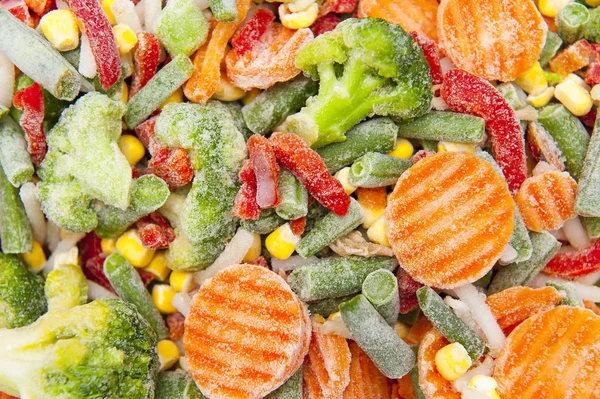As more consumers prioritize sustainability in their purchasing decisions, food brands are under increasing pressure to deliver not only quality products but also environmentally responsible packaging. In the frozen food sector, where durability and preservation are essential, balancing performance with sustainability can be challenging. That’s where eco-conscious frozen food bags come into play—offering brands a way to meet both consumer demand and environmental goals.
Flexible, sustainable packaging options are no longer a “nice-to-have” feature—they’re a competitive advantage. Forward-thinking food companies that adopt eco-friendly packaging today are not only protecting the planet but also building trust and loyalty with customers who care about the bigger picture.
The Benefits of Choosing Sustainable Frozen Food Packaging
Frozen food packaging must meet strict performance standards: barrier protection, durability, moisture resistance, and the ability to handle extreme temperatures. Traditional materials like rigid plastic or heavy laminates get the job done, but often at the expense of sustainability.
Today’s flexible packaging options combine cutting-edge barrier films with eco-friendly materials to deliver the same protection in a more efficient, lower-impact format. ePac’s sustainable packaging bags for food are engineered to extend shelf life, preserve product integrity, and reduce material waste—all while supporting your brand’s green mission.
For frozen foods, stand-up pouches and flat-bottom bags made from recyclable or post-consumer recycled (PCR) content are ideal. They use less material overall, weigh less than traditional options, and take up less space during shipping and storage—cutting down on emissions and freight costs.
Eco-friendly packaging is also a strong marketing tool. When customers see that your brand is committed to sustainability, they’re more likely to support your products over competitors. Transparent messaging about your packaging choices can be a key differentiator in both e-commerce and in-store environments.
How Frozen Food Bags Can Reduce Environmental Impact
Switching to sustainable frozen food bags can significantly reduce your environmental footprint across the entire supply chain. From production to disposal, flexible pouches are designed to use fewer resources. Their compact size reduces energy consumption during manufacturing, and their lightweight nature lowers carbon emissions during transport.
Additionally, brands using digitally printed packaging from ePac benefit from a more sustainable production process. Digital printing eliminates the need for plates and excess inventory, allowing brands to order only what they need, when they need it. This just-in-time approach minimizes waste and allows for more targeted, relevant packaging runs.
If you want to go a step further, mylar packaging offers high-performance options that maintain product freshness while supporting recyclability or PCR initiatives. These bags provide strong oxygen and moisture barriers—essential for frozen products—without relying on traditional, non-renewable packaging materials.
Brands that embrace sustainable packaging not only contribute to a healthier planet, but also meet rising consumer expectations for transparency and responsibility. With flexible frozen food packaging from ePac, it’s easier than ever to make eco-friendly choices that don’t compromise on quality or performance.

